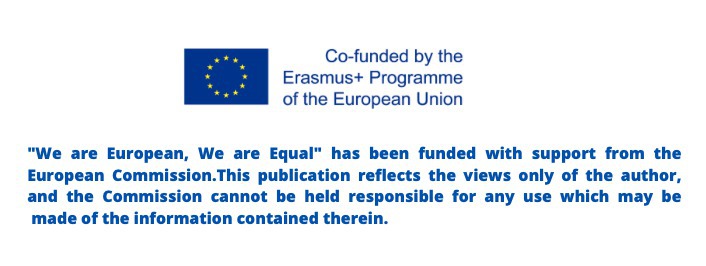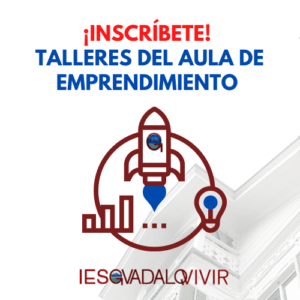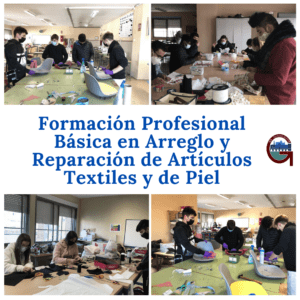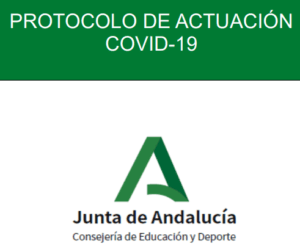«We are European, We are Equal» Project Summary

| WE ARE EUROPEAN, WE ARE EQUAL PROJECT SUMMARY |
The primary motivation for the «We are European, We are Equal» project was the collaborative development and implementation of strategies, activities, and competences at the European Level to tackle the interrelated issues of Social Inclusion and Early School Leaving. These issues are due to the lack of key competences of the pupils, particularly the basic skills of literacy, language, and digital competences, as well as personal, social, and civic competences which themselves are due to next to none of the pupils having travelled or collaborated with people from other European countries. The activities for the pupils – group work, intercultural exchanges, digital activities on Twinspace, and the recording and production of the Open Oral Archive – were formed around the 7 themes of the Heptagon of Equality. The teacher training events that also form a key part of the project aided the development of pedagogical practices linked to a key competence approach and supported teachers to incorporate these methods into their school curricula. The project also aimed to support other stakeholders, namely pupils and parents, to support their children to stay in education.
The objectives of the project were split into pupil, teacher, and stakeholder categories: For pupils, it encouraged them to participate fully in the project by educating them on the value of collaborative exchanges and the developing of personal, social, and civic competences; it established improved attendance, participation in lessons, and development of literacy, language, and digital competences; and, in the long term, the project supported pupils to complete their compulsory secondary education and improve means of Social Inclusion. For teachers, the project supported them to evolve their pedagogical approach to integrate competence-based learning and multidisciplinary activities to address learning disparities; and offered training for teachers with colleagues in other EU countries to work with management and other stakeholders, particularly families, to tackle Early School Leaving. And for stakeholders, the project established the involvement of family members in Parents Associations and other networks connected to the school in order to support their children.
The «We are European, We are Equal» project has involved 64 pupils directly aged 12-14. Over 300 pupils indirectly took part in the activities in the partner schools during the project and post-project. There were 9 teachers involved as part of the Steering Committee plus 20 more teachers as part of the coordination and implementation teams. There were also over 200 parents impacted by the activities and the creation of new synergies of Social Inclusion. The pupils participated in preparatory workshops for their mobility trips, produced recordings on social exclusion and ideas for social inclusion during the mobilities, and presented their findings in workshops in their own schools post trip. For pupils, this Project Based Learning approach was key to the development of their key competences by working together at the European level over an extended period of time. For teachers, using a Collaborative Project Management approach allowed them to plan and control the process and enabled them to create synergies around information, communication, and collaboration during and post-project.
We produced a range of tangible and intangible results for all of those involved in the project. For pupils, the tangible results were the material and digital outputs, specifically an Oral Archive of pupils’ experiences linked to the project themes; while the intangible were the development of key competences which in turn improved attendance levels and increased the likelihood of finishing compulsory education. For teachers, the tangible results were the production of collaborative teaching resources and development of new curricula; while the intangible were the development of synergies that increased the capacity to operate at a transnational level in the sharing of ideas, practices and methods. And finally, for stakeholders, the tangible results were the production of materials in workshops to create a stronger network; while the intangible results included the establishment or nurturing of new associations involved in the welfare of their children.
The «We are European, We are Equal» Project had long term benefits for all involved. For pupils, the project helped them develop key competences at a European level and enabling them to travel and collaborate with others, it has motivated and supported them to complete their Secondary Education. For teachers, the project enabled them to develop their pedagogical practices towards a competency based approach and helped them develop new curricula. And for parents, the project empowered them to support their children and develop the networks to support practices for Social Inclusion.
The project has been awarded with European Quality Label for their eTwinning projects, has been included in an eTwinning Spanish SNA good practice publication and has been referenced in three research articles.









Deja una respuesta